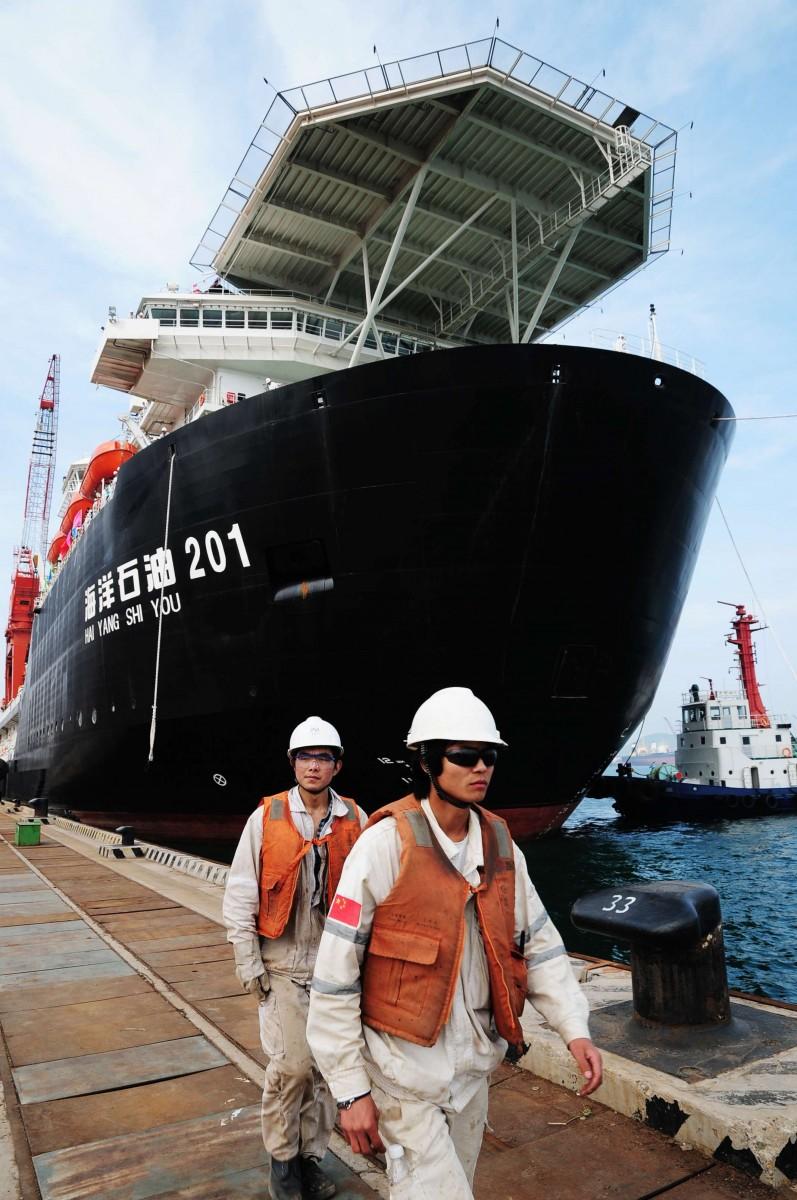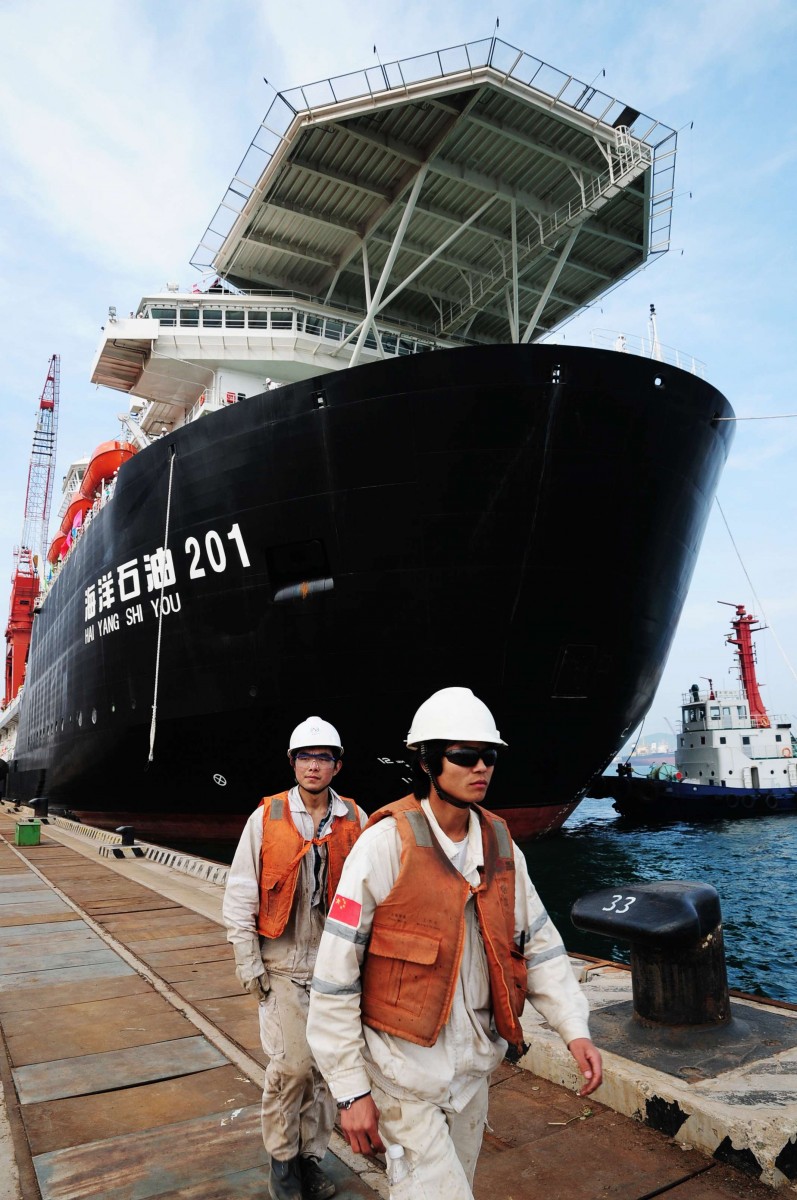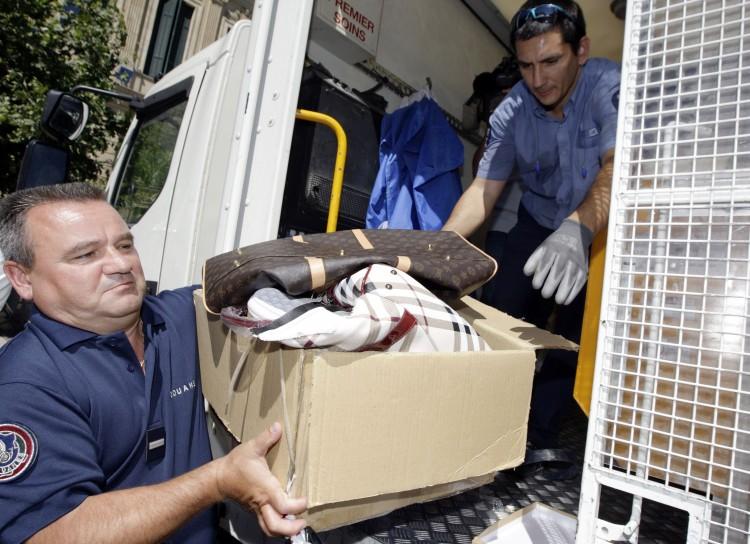China National Offshore Oil Company Ltd. (CNOOC) announced its acquisition of Nexen Inc., one of Canada’s largest oil companies, for US$15.1 billion cash on Monday. Pending approval from shareholders and the Canadian government, the deal has ignited a debate about foreign ownership of the Alberta oil sands.
CNOOC is offering US$27.50 per share, a 61 percent premium on Nexen’s share price on the New York Stock Exchange (NYSE) upon closing on July 20. This also represents a premium of 66 percent to Nexen’s 20-trading-day volume-weighted average share price.
Nexen’s shares rose over 50 percent on Monday following the announcement and have since hovered just a dollar or two below CNOOC’s offering price.
CNOOC is a state-owned company and claims to be China’s largest offshore producer of oil. Nexen has holdings in the Alberta oil sands, the North Sea, West Africa, and the Gulf of Mexico.
Analysts have interpreted this deal as a combination of CNOOC’s plan to acquire assets and Nexen’s desire for cash after problems plagued its Long Lake oil sands operations.
Government decision could set monumental precedent
Industry Canada has confirmed that it will be reviewing CNOOC’s acquisition.
Industry Minister Christian Paradis said in a statement Monday that the deal is subject to review under the Investment Canada Act and he would give approval if it is “likely to be of net benefit to Canada.”





